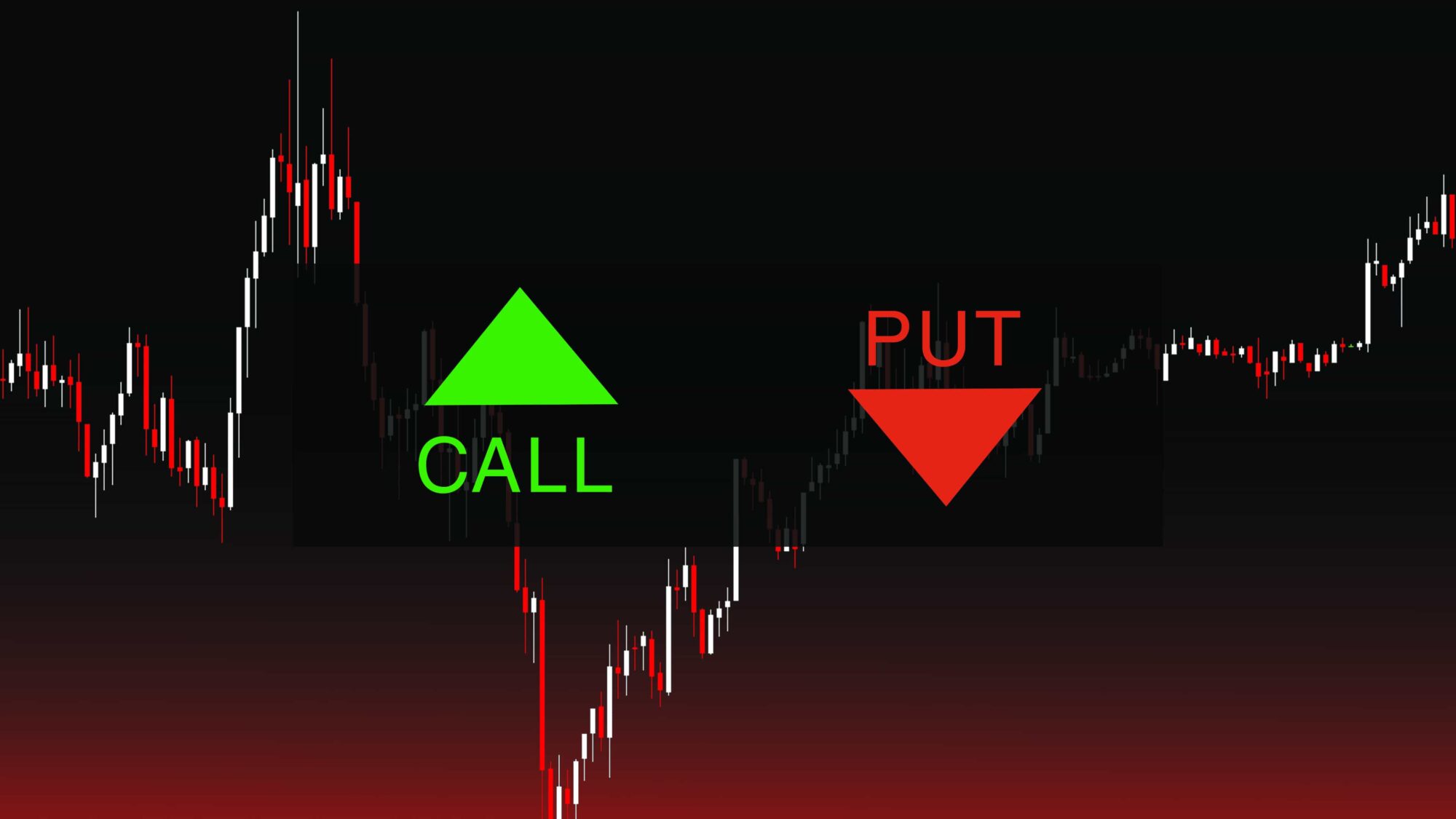Introduction
As an avid stock market enthusiast, I’ve often found myself at a crossroads: day trading stocks versus options. The allure of quick profits and the adrenaline rush of short-term trading have captivated me. But before I could fully dive in, I needed to understand the fundamental differences between these two instruments. This article aims to provide a comprehensive overview, helping you decipher which path aligns best with your trading goals and risk tolerance.

Image: stockstotrade.com
Stocks: A Path to Ownership
Stocks represent fractional ownership in a company, entitling you to a portion of its profits through dividends. When you buy a stock, you’re betting on the company’s ability to grow and perform well in the future. Day trading stocks involves buying and selling these shares within a single trading day, capitalizing on short-term price fluctuations.
Options: Leveraging Options for Speculation
Unlike stocks, options provide the right (but not the obligation) to buy or sell an underlying asset at a predetermined price. Options offer a higher degree of leverage, allowing you to control significant underlying assets with less capital. Options day trading involves profiting from the fluctuations in an option’s premium, which is influenced by factors like time decay and implied volatility.
Choosing the Right Instrument: Factors to Consider
The choice between stocks and options depends on your trading style and risk appetite. Here are some key factors to consider:
- Timeframe: Day trading is inherently short-term, with trades closed within the same trading day. Stocks are suitable for both longer-term investing and day trading, while options are primarily tailored for day trading and short-term speculation.
- Capital Requirements: Stocks generally require more capital to trade than options, as you’re purchasing the underlying asset itself. Options, on the other hand, require less capital up front, making them more accessible for traders with limited funds.
- Risk Tolerance: Options involve higher leverage and thus carry greater risk compared to stocks. The potential for losses is amplified, making it crucial to have a sound understanding of options trading strategies and manage risk effectively.

Image: www.asktraders.com
Tips for Successful Day Trading
Whether you choose to trade stocks or options, here are some expert tips to guide you:
- Prioritize Market Research: Thorough market analysis is the bedrock of successful day trading. Study market trends, economic indicators, and company-specific news to make informed trading decisions.
- Manage Risk: Employ risk management strategies such as stop-loss orders and limit orders to mitigate potential losses.
- Control Emotions: Day trading can be an emotionally charged experience. Maintain discipline, avoid impulsive decisions, and trade with a clear mind.
- Stay Informed: Markets are constantly evolving. Stay updated with financial news, economic events, and company announcements to anticipate market movements.
Frequently Asked Questions (FAQs)
- Is it better to day trade stocks or options?
The answer depends on your trading style and risk tolerance. If you prefer longer-term ownership and lower risk, stocks may be a better fit. For short-term, leveraged trading with higher potential returns and risks, options could be more suitable.
- Can you make money day trading?
While it’s possible to profit from day trading, it’s important to approach it with realistic expectations and a comprehensive understanding of the market. Consistent profits require extensive practice, continuous learning, and sound risk management.
- What is the most important factor in day trading?
Thorough market research and understanding technical and fundamental analysis are crucial for making informed trading decisions. Additionally, emotional control and sound risk management are essential to minimize losses and protect capital.
Does Day Trading Apply To Stocks Or Options

Image: financebreakout.com
Conclusion
Day trading, whether in stocks or options, can be a rewarding endeavor, but it also carries risks. By grasping the nuances of each instrument and menerapkan the principles outlined in this article, you can navigate the markets with greater confidence.
Are you interested in learning more about day trading stocks and options? Share your questions and insights in the comments section below. Let’s continue the conversation and delve deeper into the world of dynamic day trading.






